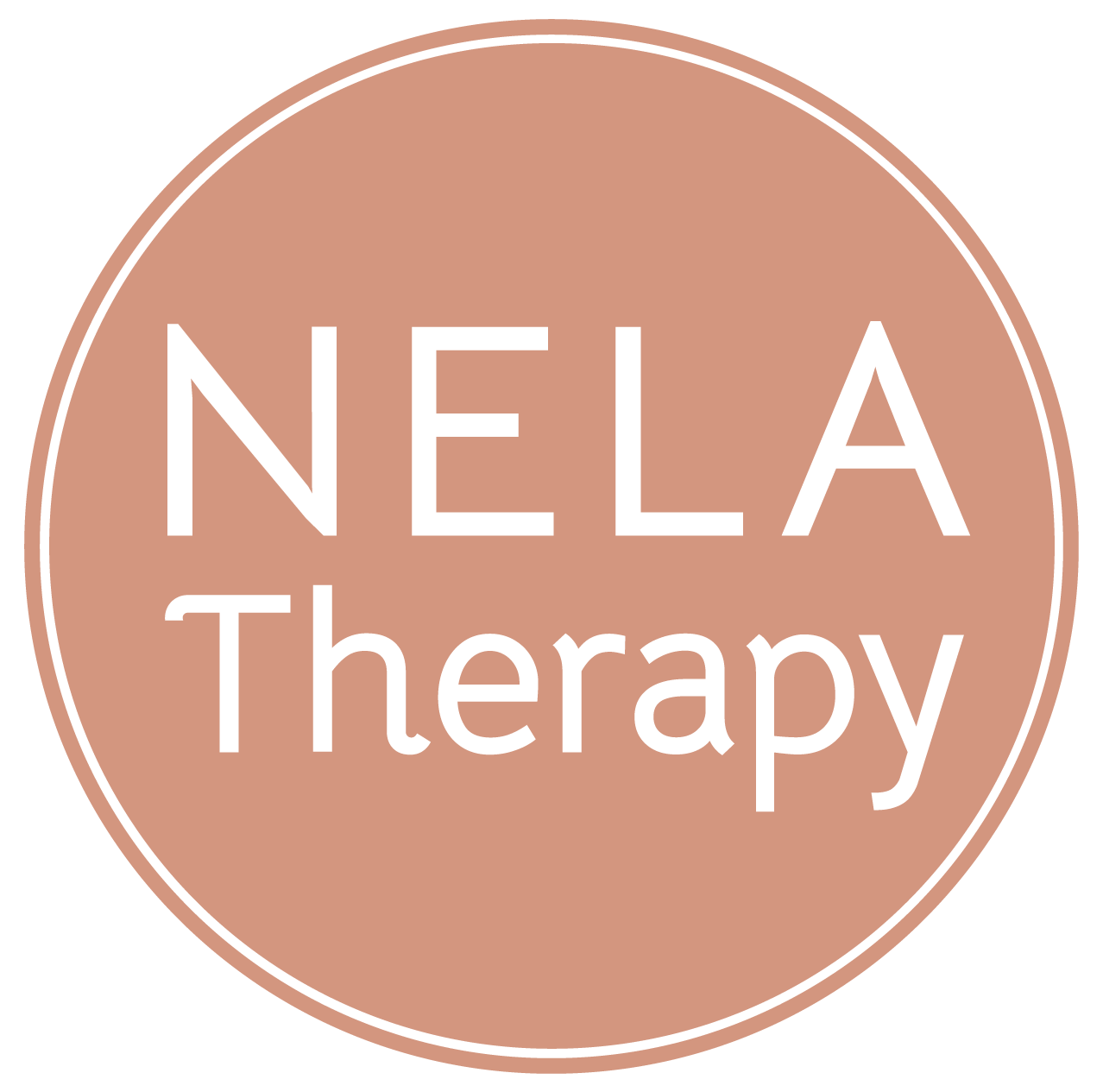Cultural Humility & Intersectionality in Therapy
Therapy is a deeply personal journey. Yet, the effectiveness of that journey can be significantly impacted by how well a therapist understands the client's cultural background and lived experiences. Here's where cultural humility and intersectionality come in, offering a framework for therapists to create a truly inclusive and supportive space.
Cultural Humility: A Lifelong Journey
Cultural humility goes beyond mere cultural competence, which focuses on acquiring knowledge about different cultures. Cultural humility is an ongoing process of self-reflection and learning. It acknowledges that the therapist doesn't have all the answers, and that the client is the expert on their own lived experience.
This means therapists practicing cultural humility:
Recognize their own biases: We all have them. Therapists need to be aware of their own cultural background and how it might influence their interactions with clients.
Embrace continuous learning: Cultures are dynamic. Therapists should actively seek out knowledge about different cultures, experiences, and worldviews.
Be open to feedback: Clients might point out cultural insensitivity or misunderstandings. Therapists should be receptive to this feedback and use it to grow.
Intersectionality: The Power of "And"
Intersectionality, a concept developed by Kimberle Crenshaw, recognizes that people hold multiple social identities (race, gender, class, etc.). These identities intersect, creating unique experiences of privilege and oppression.
For example, a Black woman might face challenges related to both racism and sexism, in ways that are distinct from the experiences of a Black man or a white woman.
Therapists who embrace intersectionality:
Understand the interplay of identities: They move beyond a one-dimensional view of culture and explore how different aspects of a client's identity might be shaping their mental health.
Acknowledge systemic oppression: Therapy shouldn't be colorblind to the realities of power dynamics and social injustices that impact mental well-being.
Tailor their approach: By understanding intersectionality, therapists can develop interventions that address the specific needs and challenges faced by their clients.
Benefits of Culturally Humble and Intersectionality-Informed Therapy
When therapists embrace cultural humility and intersectionality, they create a safe space where clients feel seen, heard, and valued. This leads to a stronger therapeutic alliance, which is crucial for positive outcomes. Additionally, therapists who practice these approaches can:
Identify culturally specific factors impacting mental health: For example, a collectivist culture might emphasize family honor, impacting how individuals navigate mental health challenges.
Develop culturally appropriate interventions: Therapists can incorporate practices from a client's cultural background to enhance treatment effectiveness.
Reduce stigma: Talking about mental health can be particularly difficult in cultures with strong stigma. A culturally sensitive approach can encourage help-seeking behavior.
Building a More Inclusive Mental Health Field
Culturally humble and intersectionality-informed therapy isn't just about individual therapists. It's about creating a mental health field that is truly inclusive and accessible to all. Here are some ways to move forward:
Diversifying the mental health workforce: Having therapists who represent the communities they serve is crucial to building trust and understanding.
Incorporating cultural humility and intersectionality into training programs: Equipping therapists with the knowledge and skills to provide culturally sensitive care.
Promoting culturally specific resources: Therapists should be aware of and refer clients to resources that cater to their specific cultural needs.
By embracing cultural humility and intersectionality, therapists can build bridges, not walls, in the therapeutic relationship. This fosters a space for healing, growth, and empowerment for all clients, regardless of their background.



